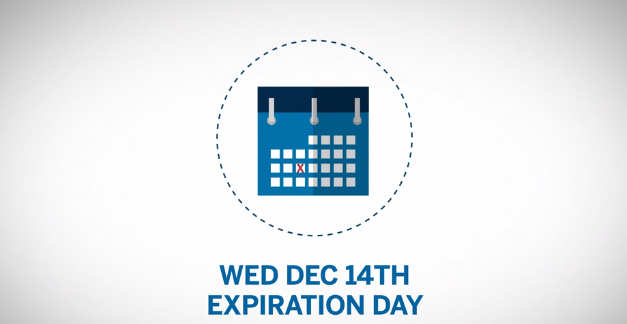Overview of Expiration and Settlement
Expiration
All futures contracts have a specified date on which they expire. Prior to the expiration date, traders have a number of options to either close out or extend their open positions without holding the trade to expiration, but some traders will choose to hold the contract and go to settlement.
Settlement
Settlement is the fulfillment of the legal delivery obligations associated with the original contract. For some contracts, this delivery will take place in the form of physical delivery of the underlying commodity. For example, a food producer looking to acquire grain may be looking to take delivery of physical corn or wheat, and a farmer may be looking to deliver his grain to that producer. Although physical delivery is an important mechanism for certain energy, metals and agriculture products, only a small percent of all commodities futures contracts are physically delivered.
In most cases, delivery will take place in the form of cash settlement. When a contract is cash-settled, settlement takes place in the form of a credit or debit made for the value of the contract at the time of contract expiration. The most commonly cash-settled products are equity index and interest rate futures, although precious metals, foreign exchange, and some agricultural products may also be settled in cash.
For traders choosing to go to settlement, the form of delivery will be highly dependent on the needs of each trader, as well as the unique characteristics of the product being traded.
Definition taken from: CME Group


